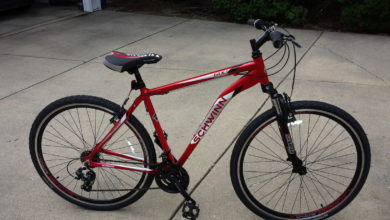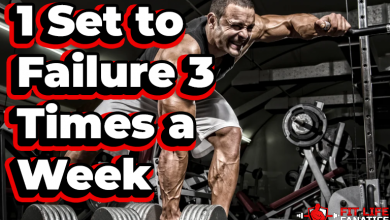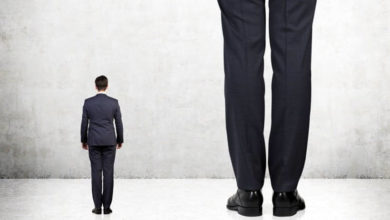How Much Cardio/Running Is Too Much for Muscle Building?
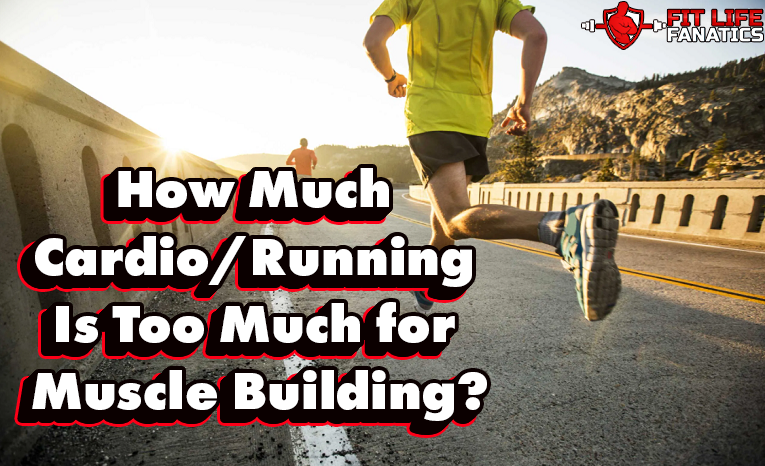
Everyone knows, or rather believes, that, in order to get lean, you have to have a consistent, nutritional diet and to do cardio along with your strength training.
However, did you know that doing too much cardio can generally be counterproductive?
In other words, if you become a slave to the cardio section of your gym (uhm, the incline treadmill, or other cardio machines), you will end up losing your hard-earned muscle mass instead of growing muscles, and we don’t want that to happen, do we? You are better off using a full-body workout machine in the gym or include one in your home gym setup.
So, unless your goal is to end up looking like Tom Hanks in Castaway, it’s best for you to give your cardio a bit of thought. Sure, it’s great for stamina and endurance but too much cardio might not be good for you.
If you don’t have an idea how much is “too much cardio”, then you’re in the right place since that’s what I’m going to thoroughly explain to you today.
Losing Fat: The Myth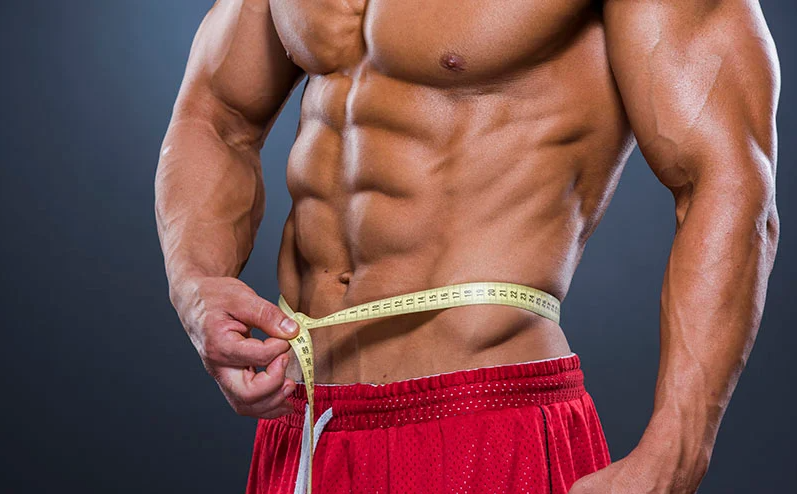
Unfortunately, way too many people believe that if you starve yourself and do hours of cardio every day, you’re going to lose fat fast. And might have led some people to workout 7 days a week.
However, it has been proven that performing too much cardio alongside an inconsistent diet will put your body in a catabolic state, burning some of your gains as a result.
Just think about long-distance runners, as much cardio as they do you would think that they would have large muscular legs and glutes from running but instead they do not because of this very reason and a few others.
This sudden loss of muscle mass will not only damage your body’s strength but will also slow your metabolism down, and that’s never good since it’ll lead to you having a harder time burning fat.
Now, while there isn’t an exact answer to how much cardio is too much, anything over 30 minutes per session is generally considered counterproductive. That said, the right amount of cardio training for you will also depend on other factors, such as the exercises you’re performing and the time at which you train. Keep reading as we delve into all of that!
When Can Cardio Harm Your Gains?
There are a bunch of things that you can do that makes cardio do more harm than good.
When You Overdo It
This is one of the most common mistakes that people make. Most of them assume that doing more cardio will do the trick if they want to lose fat. And while it is a very effective way to burn calories, it technically isn’t the best way to lose fat.
You can even go as far as reaching an extremely low body fat percentage without even doing a single day of cardio. If your main goal is to build and maintain muscle mass while also losing fat, then training as if you’re trying to gain muscle will do the trick. Nobody really needs cardio to bulk up their skinny arms.
Of course, adding some cardio into the mix will allow you to burn some extra calories, especially if you’re on a good diet. However, you shouldn’t solely rely on it to lower your body fat percentage.
So, What’s the Optimal Amount of Cardio?
A 2012 meta-analysis of 21 different studies concluded that the more days per week you do cardio, and/or the longer your cardio sessions are, the tougher it’ll be for you to build body muscle and strength.
According to the study, cardio sessions that exceed 20-30 minutes, three times per week are not recommended. I personally don’t recommend that you even try to reach this limit but, at the end of the day, how much cardio you do highly depends on how your body responds to it.
The meta-analysis also confirmed that there still were gains, regardless of whether cardio was included or not. In other words, if you’re not following a proper diet and lifting program, then cardio might end up harming your body’s ability to build muscle.
Still, if your main aim is to build muscle and strength, you need to keep in mind that performing additional cardio can jeopardize that.
When You Do It at the Wrong Time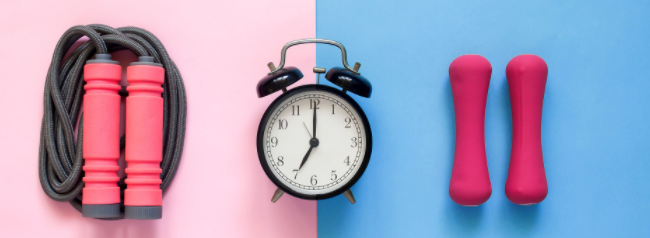
Yet another common mistake that people make when it comes to cardio is timing.
For most people, cardio usually belongs in the gym with a lifting workout. If you’re one of these people, then simply make sure to do your cardio after the weightlifting workout and not before it.
A study published in 2016 in the Journal of Strength and Conditioning Research concluded that participants who performed a 20-minute cardio session before lifting weights experienced a noticeable decrease in performance-wise.
The participants performed 3 sets of 6 to 10 reps of high pulls, squats, bench presses, deadlifts, and push presses. Prior cardio exercises lead to an average of 9 to 18% fewer reps. Even the average power and velocity of the performed reps and sets were significantly reduced.
Several other studies were done on this subject and have produced similar results.
In conclusion, you should avoid doing cardio before weightlifting as it’ll cause you to be more fatigued, and as a result, you won’t make as much progress.
So, When Should You Do Cardio?
Suppose you plan to perform a cardio session of moderate to high intensity; in other words, one that’s longer than 30 minutes. In that case, it’s probably best for you to perform your workout sessions and cardio separately.
A 2017 study published in the Journal of Sports Science and Medicine found that casual lifters who performed a 30-minute moderate-intensity cycling session a day after a biceps workout had a more noticeable increase in muscle hypertrophy than those who performed it immediately after.
The researchers concluded that this is probably the result of certain systemic factors interfering with muscle hypertrophy, which can also lead to muscle damage.
And while this study does have its limitations, it still is a good idea to separate your cardio and lifting workouts for more optimal results.
Other studies have concluded that it’s probably a good idea to have at least 6 hours separating your lifting and cardio sessions.
In other words, if you’re the kind of person who lifts weights in the morning, then it’s probably a good idea to do cardio at night or just the next day if you want to go the extra mile.
When You Do the Wrong Exercises
When you say cardio, the first thing that comes to people’s minds is running.
However, believe it or not, running may as well be one of the worst forms of cardio alongside other high impact exercises such as sprints and jump rope.
This is due to the fact that they tend to cause a noticeable amount of muscle damage to your lower body. You don’t want to run after leg day, that’s for sure.
Having a body that’s constantly trying to recover from muscle damage will negatively affect your performance in other workouts.
So, What’s the Best Kind of Cardio?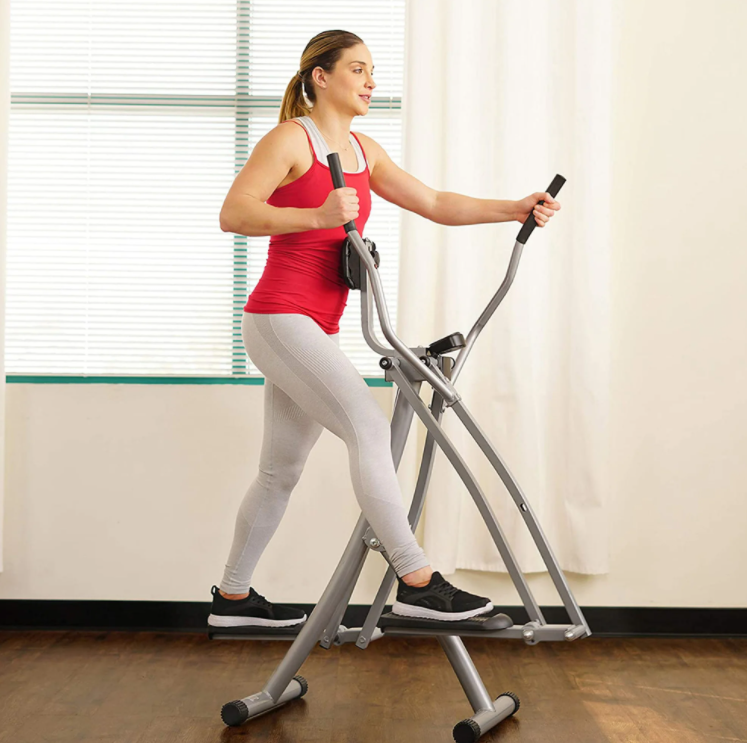
The answer is simple really, for lifters, the best kind of cardio is lower impact exercises. This type of cardio doesn’t require much time to recover from if any.
As a result, you won’t see yourself being held back when performing in the weight room.
The 2012 meta-analysis that I mentioned earlier concluded that doing cycling with weights, for example, caused way less hypertrophy in lower body parts in comparison to running.
In conclusion, to keep cardio’s interference with your gains to a minimum, it’s best to implement a bunch of lower impact exercises, including cycling, elliptical, and incline walking.
Still, performing high impact cardio exercises isn’t inherently bad. In other words, if you’re the kind of person who enjoys these kinds of exercises, then you should totally stick to them. However, you must keep an eye on your recovery and such.
3 Signs You’re Doing Too Much Cardio
Although no one can deny the benefits of doing cardio, as I’ve already shown above, doing excessive amounts will severely damage you, both physically and mentally. The following 3 signs are usually the way to know that you’re overdoing it.
Feeling Constant Soreness
One of the most common misconceptions is the fact that being sore is a good thing, that it means you’re doing it effectively and efficiently.
However, this is not true.
Usually, you’ll experience DOMS, short for delayed onset muscle soreness. This happens when you use heavier weights than usual, implement muscles that you haven’t used in a while, or you’re doing a completely new exercise.
All of these things equate to more stress on your body than usual.
However, eventually, your body will become accustomed to your workout, and the soreness would ease or even cease.
You shouldn’t take this as a sign that you’re not working hard enough.
On the contrary, it usually means that your body has adapted well to the exercise.
Feeling a little sore every once in a while is very normal. However, if you find yourself constantly getting muscle fatigue, then it’s probably a sign that you’re doing too much cardio.
This is your body telling you to take it easy a bit. In other words, don’t think of soreness as a sign of a hard, well-done workout. On the contrary, it’s probably an indicator that you need to slow down a bit.
Having Problems Sleeping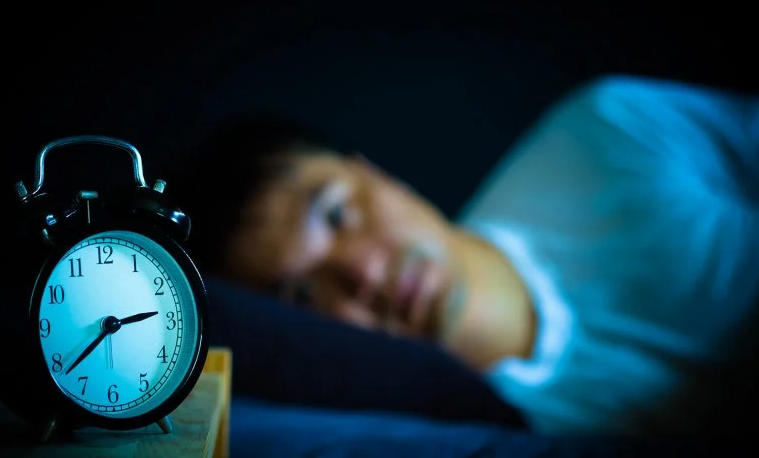
Doing too much cardio will usually affect your sleep quite negatively.
This is due to the fact that it elevates both your heart rate and core temperature while also producing endorphins, and while it’s nice to be in such a state, too many endorphins will interfere with your sleep, according to research.
It is a known fact that most people usually sleep better at cooler body temperatures, so having a high core temperature due to excessive cardio exercises will definitely be the problem.
Cardio will also raise your cortisol levels off the roof, which will prove problematic when it’s bedtime.
In conclusion, if you wish to have a good night’s sleep, then I recommend that you either avoid working out in the evening or the night or just have shorter, low impact cardio sessions.
Constantly Energy Drained
Feeling tired after exercising is inevitable since you’ll be moving around and placing a lot of stress on different parts of your body. Still, you should recover rather quickly after you’re done.
If that’s not what ends up happening after your workout sessions, then one of the causes might be doing too much cardio.
An obvious fact that seems to escape a lot of people’s minds is that we’re only human, and our energy is finite, especially in the case of dealing with consistent stress.
In other words, if exercising starts to have a noticeably negative effect on your body, then you need to make some changes as soon as possible.
Related Readings:
- The One Punch Man Workout – The Myths, Truths & Should You Do It?
- Does Running Make Your Butt Bigger or Smaller? What About My Thighs?
- Treadmill Vs. Bike: Which Is Better for Weight Loss?
- Full-Body Workout Every Other Day: Can You? Should You?
- Best Leg Press Machines for Both Commercial & Home Use
- The Best Shoes For The Stairmaster – Most Comfortable Sneaker Options
References:
Ben Mayz
Hi there! I'm Ben, main author and chief editor at Fitlifefanatics.com. I have been obsessed with Strength Training and Fitness for 18 years now.
My passion for living a happy fit lifestyle is what made me realize that fitness is what I wanted for my future.
I went on to earn my Masters in Sports Training & Biomechanics.
My passion for Strength training & fitness and my love of helping others is what made me start Fitlifefanatics.
Here, myself, and a team of specialist aim to provide the most accurate, and actionable information possible in hopes to help foster the fitness community forward.
You can learn more about Fitlifefanatics on our About Page



